Since Russian President Vladimir Putin ordered the invasion of Ukraine, a pressing concern has loomed over European governments: What if Moscow cuts off the gas supply?
For many European nations, Russian gas has long been a crucial resource for heating homes and powering industries. The threat of losing this supply was a powerful leverage point for Putin, particularly if the conflict dragged into the cold winter months.
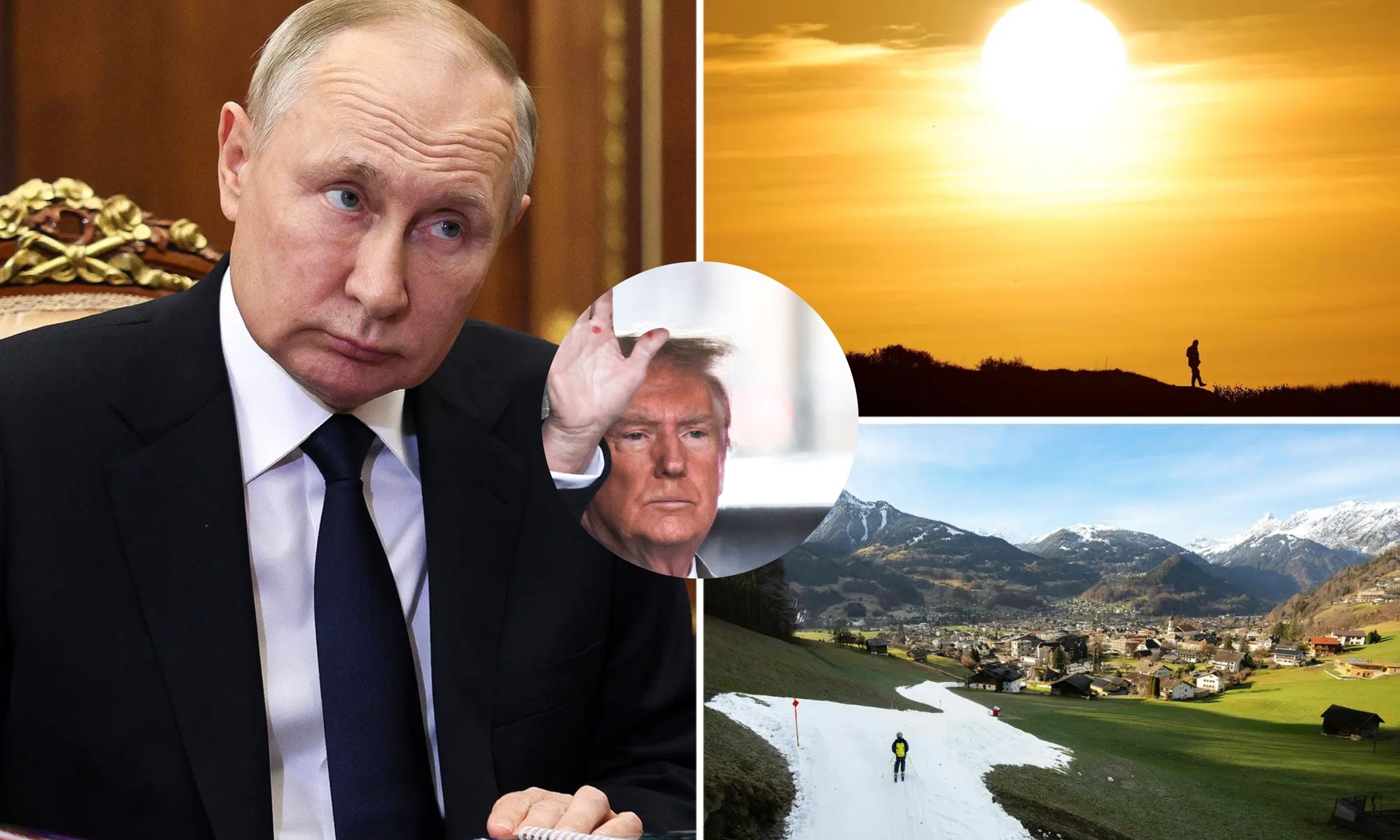
As winter approached, citizens of countries not directly involved in the war might start questioning why their comfort and economic stability were being compromised for Ukraine’s sake.
National leaders, under domestic pressure, might then push for easing sanctions or negotiating peace on terms favorable to Moscow. “There’s a traditional view in Russia that one of its best assets in warfare is general winter,” says Keir Giles, a senior consulting fellow at Chatham House.
“Russia was banking on winter to force Europe to reconsider its support for Ukraine, hoping that the energy crisis would outweigh the resolve to support Kyiv.” However, this winter has been unexpectedly mild across Western and Central Europe. Coupled with coordinated efforts to reduce gas consumption, this has diminished Putin’s leverage.
As we move further into 2023, European governments have a crucial window to reduce their reliance on Russian gas before the next winter. This period is vital for maintaining the West’s united stance as the conflict continues.
Adam Bell, a former UK government energy official, notes, “The warm winter has effectively bought Europe a year. A colder December and January would have depleted Europe’s gas reserves, risking a physical shortage.”
Bell emphasizes that merely stockpiling gas isn’t sufficient. “Efforts must focus on improving efficiency. Homes and businesses need better insulation to reduce energy waste, and companies should shift manufacturing processes away from natural gas.”
Critics argue that European governments have been too focused on controlling gas prices rather than investing in long-term solutions like efficiency and renewable energy.
Milan Elkerbout, a research fellow at the Centre for European Policy Studies, says, “Politicians are driven by the immediate need to reduce prices, which addresses household and business costs directly.
But cheaper gas reduces the incentive to cut overall consumption. Even small efficiency measures now can lead to reductions in the long term.” Europe now has the chance to implement energy consumption changes that have been politically challenging.
The high costs and instability of imported gas have made renewable sources like onshore wind farms and net-zero policies more appealing. “Governments should accelerate the development of renewable energy sources,” suggests John Springford, deputy director at the Centre for European Reform.
“Approving onshore wind projects and building storage capacity for liquid natural gas (LNG) can quickly reduce the need for Russian gas.” However, whether European countries will seize this opportunity to enhance their energy security remains uncertain.
“Europe’s vulnerability was exposed due to longstanding complacency,” says Giles. “Western Europe ignored warnings from frontline states about Russia’s intentions, favoring cheaper energy over security.
This complacency left Russia with numerous opportunities to exploit, particularly in major capitals like Berlin.” Despite the ongoing conflict, there’s a risk of reverting to old habits and failing to strengthen Europe’s energy independence.
In December, the International Energy Agency (IEA) reported that global demand for coal reached a record high in 2022 due to the energy crisis triggered by Russia’s war.
Just a year after countries pledged to reduce coal use at the UN climate conference in Glasgow, Europe had to restart some recently closed coal plants. The IEA noted that Germany, in particular, saw an increase in coal consumption.
Historically, European nations have been reluctant to unify their energy policies and markets. Reasons range from self-interest to market control issues. Even if the political will for a common energy policy emerged, managing it centrally would be complex due to inevitable competition for resources and subsidies among nations.
This makes the current period critical. While active fighting continues, it serves as a stark reminder that failing to act now could lead to a disaster next winter. A self-inflicted energy crisis would restore Putin’s leverage, undermining the advantages gained through a combination of luck and mild weather.




















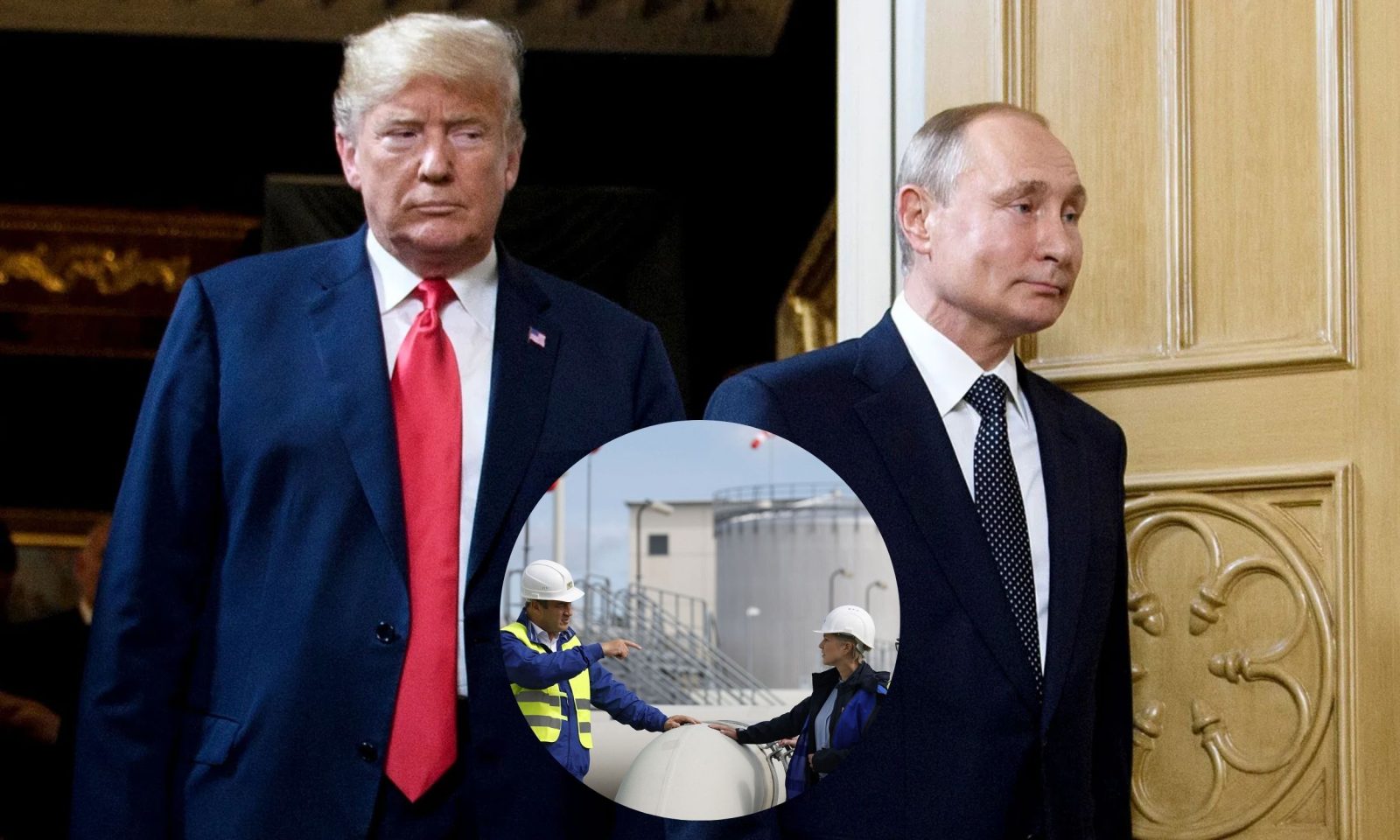






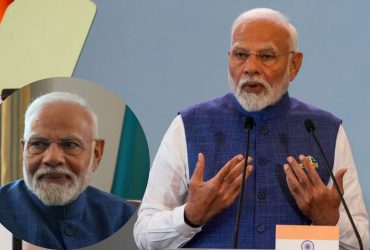
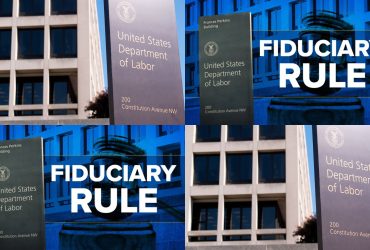
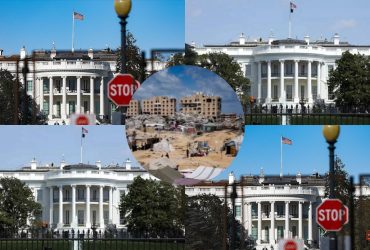


Leave a Reply